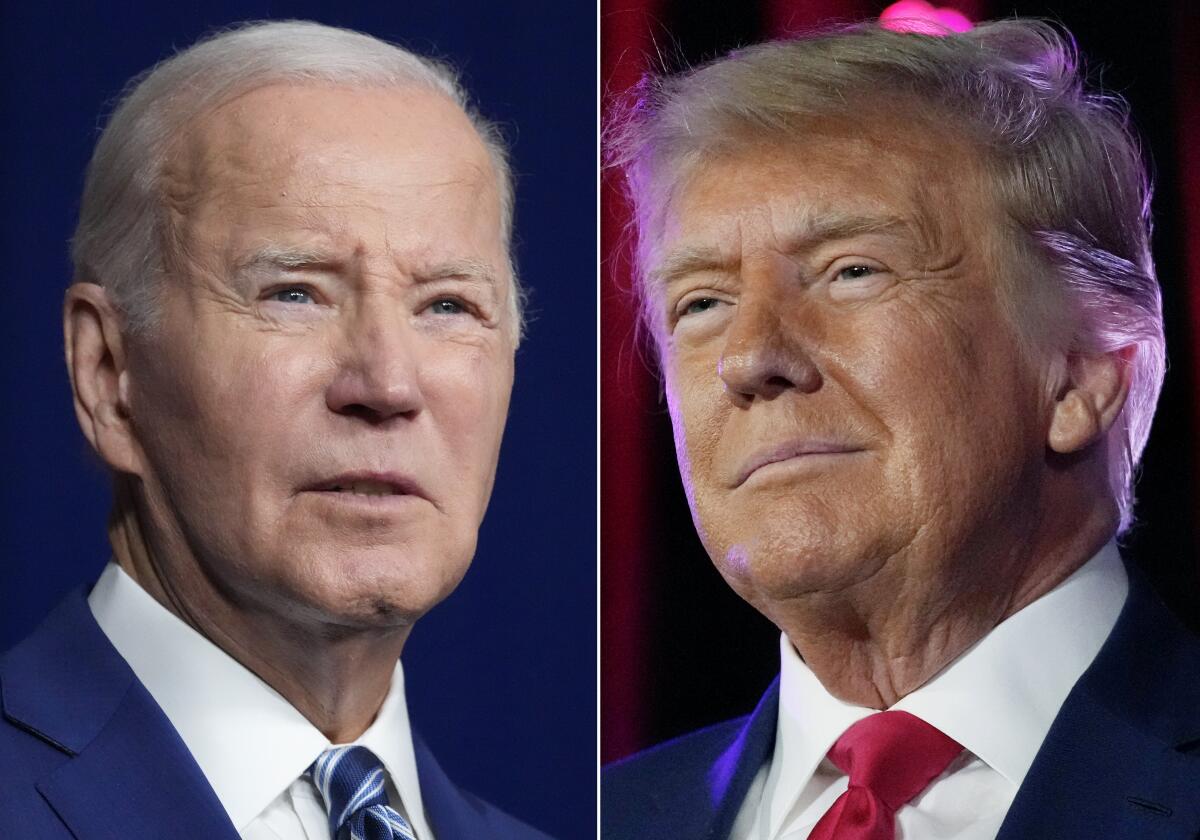Global Impact On Markets As Over 50 Nations Head To The Polls In 2024
What's the global impact on markets as over 50 nations head to the polls in 2024? Despite the celebration of democratic processes, concerns arise as the year unfolds, testing the resilience of even the most robust democracies and potentially empowering leaders with authoritarian tendencies.
Author:Hajra ShannonReviewer:Paula M. GrahamJan 12, 202490 Shares45.2K Views

What is the global impact on markets as over 50 nations head to the polls in 2024?Despite the celebration of democratic processes, concerns arise as the year unfolds, testing the resilience of even the most robust democracies and potentially empowering leaders with authoritarian tendencies.
Global Impact
Presidential and legislative elections from Russia to Taiwan, the United Kingdom to India, carry significant ramifications for human rights, economies, international relations, and global peace.
Some countries face the specter of unfair elections, while others grapple with restrictions on opposition candidates, wary electorates, and the pervasive threat of manipulation and disinformation.
The possibility of a rematch between President Joe Biden and Donald Trump is a focal point, with a Trump victory seen as a wildcard with global implications.
The preceding high-stakes votes will reflect the global "mood of dissatisfaction, impatience, and uneasiness" among diverse electorates, notes Bronwen Maddox of Chatham House.

Key Elections Around The World
Taiwan
Taiwan's elections on Saturday are crucial, facing intense pressure from China. The outcome holds significance for the Asia-Pacific region and the U.S., with Beijing framing it as a choice between war and peace.
Bangladesh
The world's longest-serving female leader, Prime Minister Sheikh Hasina of Bangladesh, was re-elected to a fourth consecutive term on Monday in an election that was marred by violence and boycotted by opposition parties. Suppressing dissent might lead to political unrest, and Hasina's Awami League party was reelected with a low turnout of 40%.
India
Midway through 2024, the most populous nation in the world, India, will have a general election that will most likely result in Prime Minister Narendra Modi's third straight term as head of the right-wing Hindu nationalist Bharatiya Janata Party.
His followers see Modi as a political outsider who, after decades of corruption, has cleaned up India and made it a rising force on the international stage. Attacks on religious minorities, free expression, and the press have allegedly escalated under his leadership, according to critics.
El Salvador
President Nayib Bukele of El Salvador, popular for his aggressive stance against street gangs, seeks to retain power amid criticism of civil rights suspensions.
Despite a constitutional prohibition on presidents serving two consecutive terms, Bukele was authorized to run on February 4 by a Supreme Court comprised of his party's appointees. Despite international condemnation of the partial suspension of civil liberties, Bukele is unlikely to encounter formidable opposition.
Mexico
Mexico eyes its first female president on June 2, with Claudia Sheinbaum and Xóchitl Gálvez as key contenders, facing challenges like drug-related violence and military influence.
Europe
European Parliament elections in June will test the resilience of traditional parties against populist forces skeptical of military support for Ukraine. The outcomes may shape EU policies on migration and climate.
Africa
African nations face challenges, with Senegal's election on Feb. 25 seen as a stability indicator. South Africa, struggling with economic issues, braces for legislative elections between May and August.
Russia And Belarus
Russia's March presidential election appears predictable, with Putin facing minimal opposition. Belarus, led by Lukashenko, prepares for parliamentary elections, overshadowed by government crackdowns.
Final Words
The democratic landscape in 2024 presents both opportunities and challenges, with nations at a crossroads in shaping their political futures.
Global markets closely watch these elections, acknowledging the potential for geopolitical shifts and economic impacts based on the outcomes.
As citizens exercise their voting rights, the world awaits the unfolding narratives that will shape the course of 2024.

Hajra Shannon
Author

Paula M. Graham
Reviewer
Latest Articles
Popular Articles